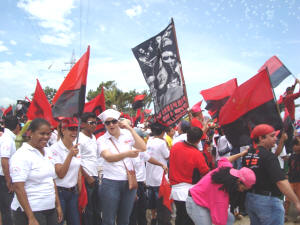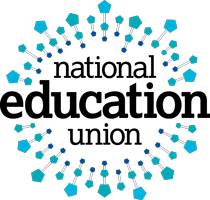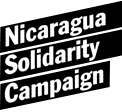US ratchets up pressure on Nicaragua
NSCAG News |
on: Wednesday, 28 September 2016

Sandinista women celebrate the Revolution
The Nicaraguan government has sharply criticised a proposal by US lawmakers that would require Nicaragua, which will hold elections in November, to make political changes.
In a statement the government has said - "we reject as a violation of international law and the UN Charter the proposals and initiatives presented in the House of Representatives and Senate of the United States."
The Nicaraguan government was responding to the Nicaraguan Investment Conditionality Act, a bill passed by the U.S. House of Representatives on 21st September. A version was introduced by Senator Ted Cruz in the U.S. Senate earlier this month. The bill proposes blocking Nicaragua from obtaining loans from international financial institutions unless the country “is taking effective steps to hold free, fair, and transparent elections.” The House bill was co-sponsored by Ileana Ros-Lehtinen, a far-right political figure who has made a name for herself in Washington through her fierce opposition to the Cuban revolutionary government and other leftist regimes in Latin America. U.S. Ambassador to Nicaragua Laura Dogu met with Ros-Lehtinen earlier this week to discuss the upcoming elections in Nicaragua. The Nicaraguan government added that the bill was “part of the interventionist policy that throughout history has intervened in our internal and sovereign political, social and economic processes.”
At the recent meeting of the Human Rights Council held in Geneva, the US Ambassador also made extremely pernicious statements about Nicaragua. He stated that Nicaragua has abandoned the principles of democracy, justice, equality and supremacy of the law and urged the Nicaraguan government to create a more open environment for free elections and to allow participation by all political parties and civil society.
In actual fact there are 16 political parties participating in the Nicaraguan elections, organised in two electoral alliances, 4 national parties and one regional.
For years the US has imposed sanctions on countries with governments that are not aligned to Washington’s policies. The Nicaraguan government noted in its statement that Washington’s criticisms tend to increase ahead of elections. The U.S. government refused to recognize the 2013 presidential election in Venezuela, contributing to a climate of instability. Venezuela accused Washington of attempting to legitimizing opposition claims of fraud, despite a lack of evidence. On Nov. 6, Nicaraguans will vote for president and 90 members of the National Assembly. President Daniel Ortega remains the clear favourite as he seeks his third consecutive term.





